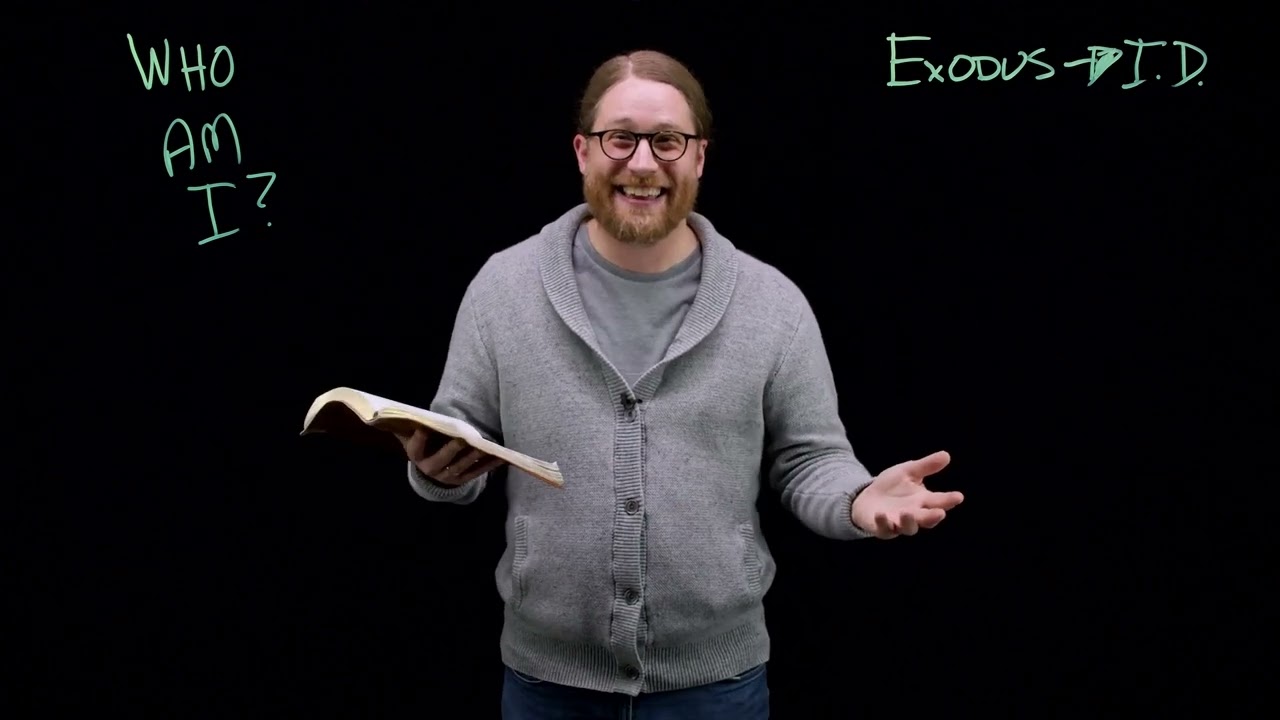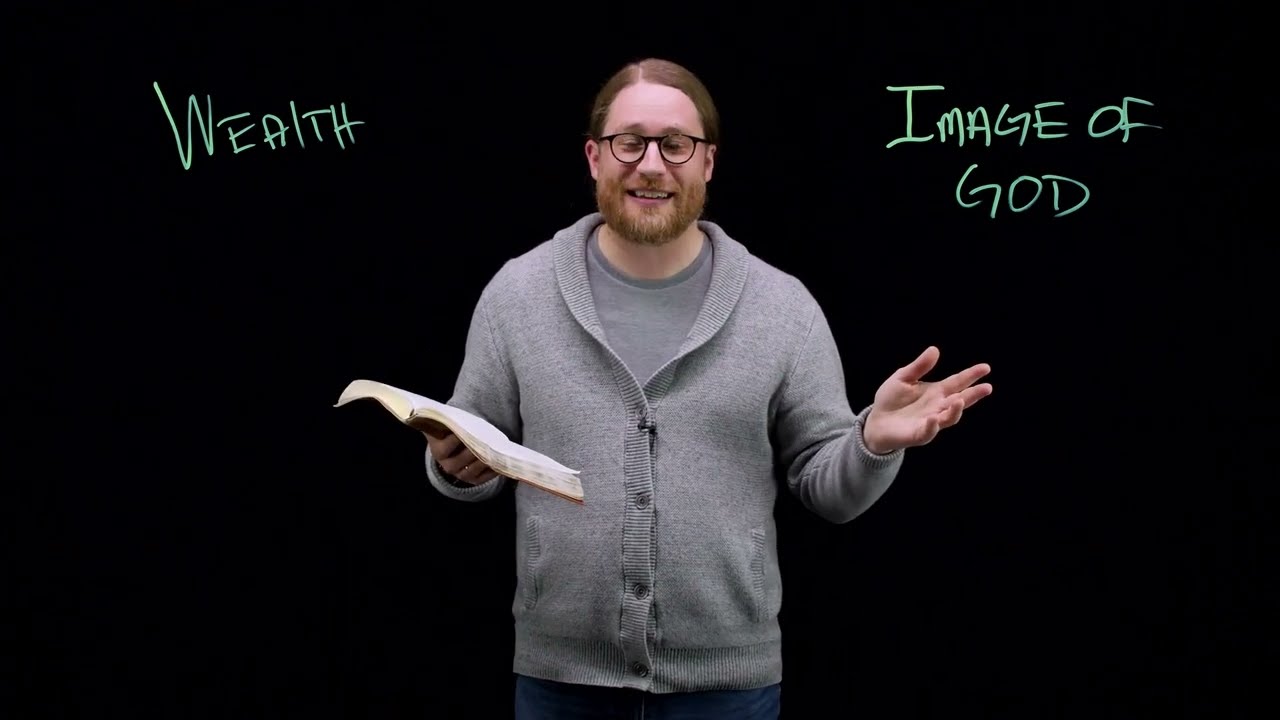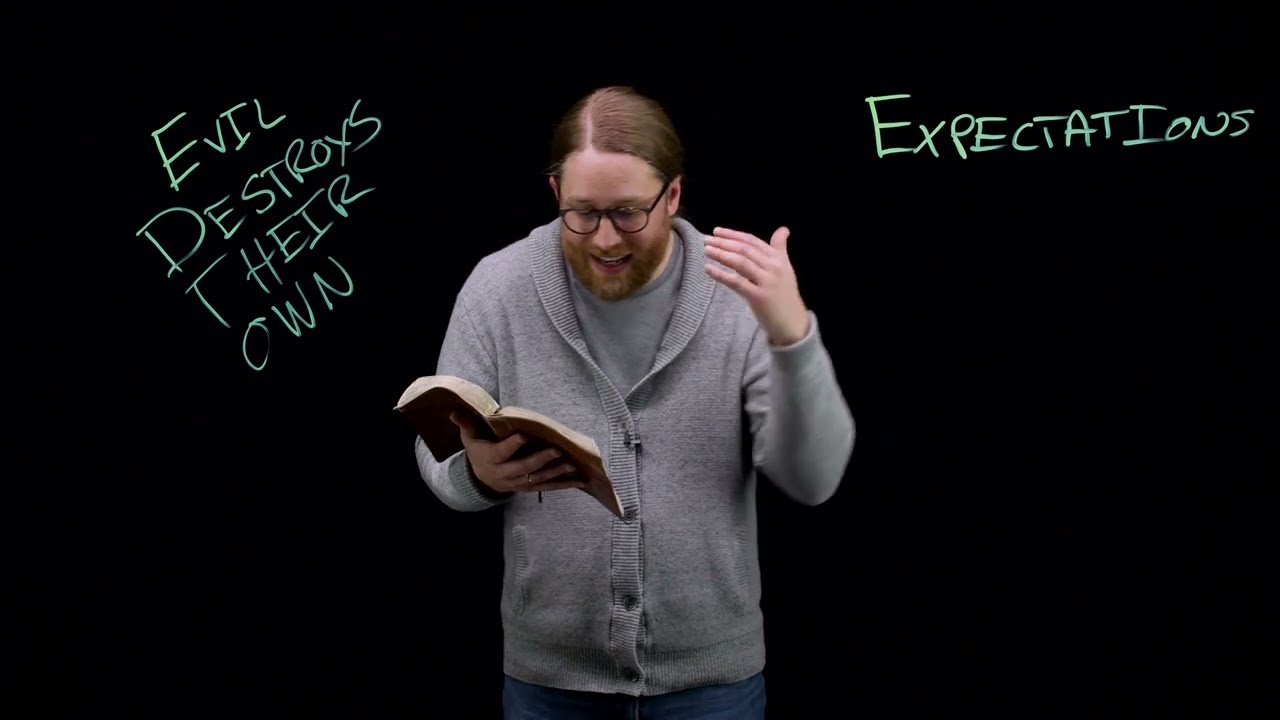
Session 1: Identity and Exile (Dan. 1:1-2)
Exile attacks identity. Distorts it. Disrupts it. And in Daniel 1:1-2, the exilic prophet finds himself struggling with “what to do.” Why? Because action flows from identity. And in exile, it is essential to: remember who you are.

Session 2: Creating Our Identity (Dan. 1:3-21)
Our identity is shaped and re-shaped over time with small shifts, rendering a move of just one degree quite significant. Daniel and his fellow exiles fight to keep each element of the identity in check, challenging us to do the same.

Session 3: The Identity of Evil (Dan. 2)
Your actions reveal who you are and, by default, who you belong to. To insure you aren’t discipled by evil, Daniel 2 unveils evil’s identity with striking clarity.

Session 4: Identity and Worship (Dan. 3)
Worship is war. Each culture throughout history has tempted God’s people to worship something, anything other than God. In Babylon. Even today. Yet Daniel 3 reminds us that our identity is formed by our worship, linking two essential components of the Christian life.

Session 5: Humility, Contentment, and Obliterating the Enemy (Dan. 4)
There are two ways to obliterate your enemy: kill them or convert them into your friend. In Daniel 4, we encounter a vision that calls for the unearthing of ourselves so that we can befriend even those that hate us, hurt us, and mean us harm.

Session 6: Identity and Wealth (Dan. 5)
Throughout the centuries, Satan proves he isn’t all that creative in tempting humanity. Then again, he doesn’t have to be, for humanity falls for the same tricks generation after generation. And a key weapon of the enemy throughout history has been “wealth,” objects filled with promises that distort reality and our identity.

Session 7: Who You Are When No One’s Looking (Dan. 6)
Without integrity, your identity in Christ means nothing. Too often, Christians say the right words and do the right things in public, but behind closed doors befriend and behold evil. The challenge of Daniel 6, though, is that: in public or private, may others find Christ in you.

Session 8: Easily Distracted (Dan. 7)
In Daniel 7, the exilic prophet is taken to the throne room of God, watching a powerful moment of heavenly worship. Yet, Daniel is distracted, prompting the question: As Christians, how often to miss God’s presence distracted by something far less significant?

Session 9: Evil Expectations (Dan. 8)
Expectations can be blinding. We assume before we see, and as a result, we see what isn’t truly there. Even when we look at evil. Yet Daniel 8 unveils evil in contrast to good, demonstrating that evil always destroys its own.

Session 10: The Problem of Sin (Dan. 9)
Oftentimes, our solutions to our sin problem simply make things worse. Or, at the very least, miss the mark. Even Daniel, the powerful prophet, asks God for a solution to the sin problem of Israel (a temple rebuilt) when God has a much greater solution: His Son crucified.

Session 11: Our Conclusion in Christ (Dan. 10-12)
Although, at times, it’s difficult to believe, Daniel 10-12 shows that, when we pray, God listens. And moves. Yet after “amen,” the enemy responds with evil and deception, whispering lies of God’s abandonment. But our greatest weapon in this struggle is our identity in Christ, the King.

